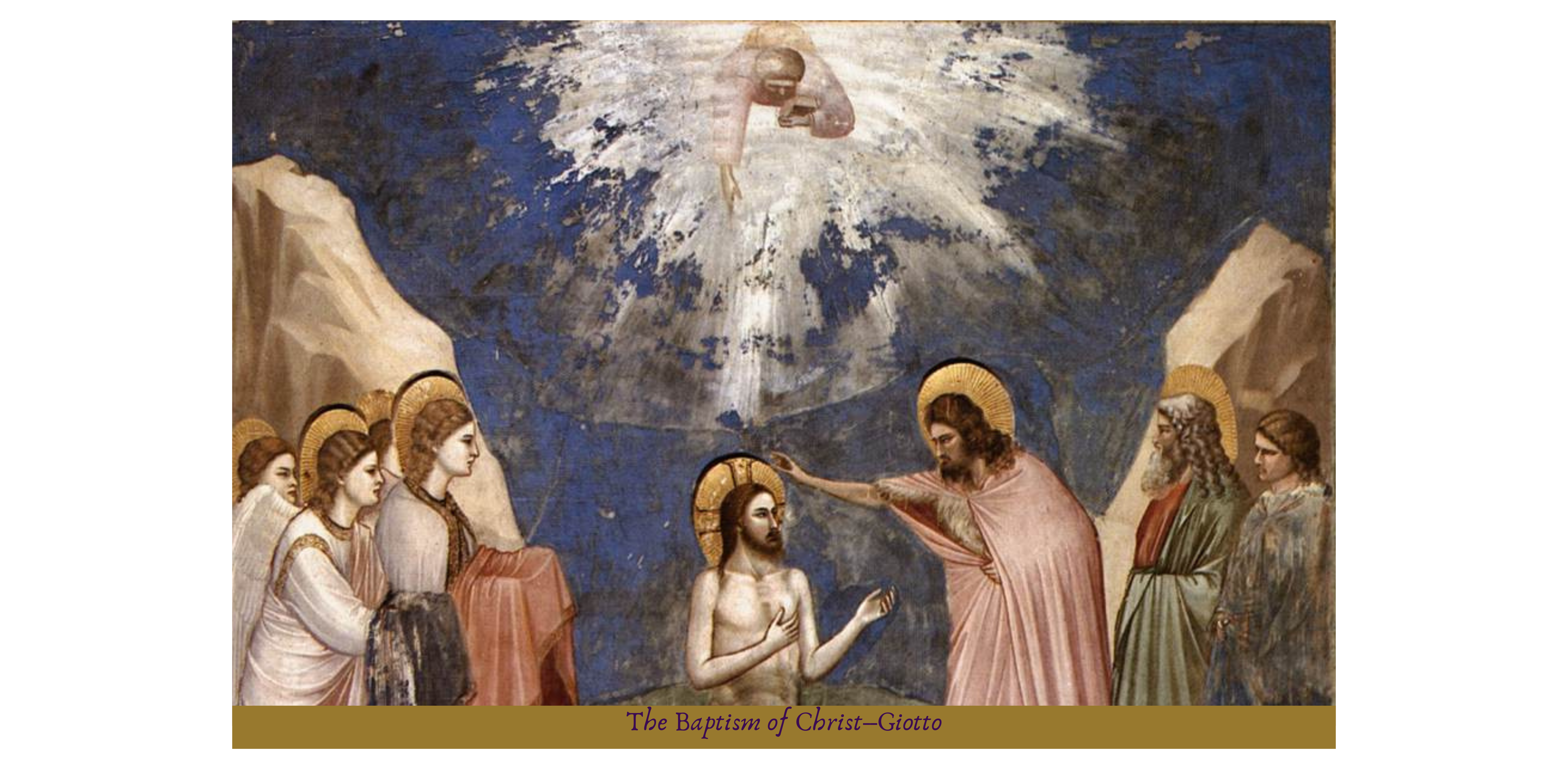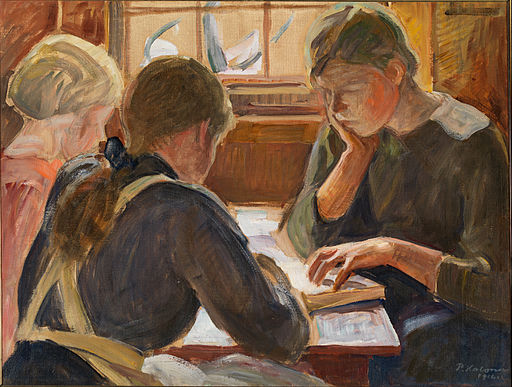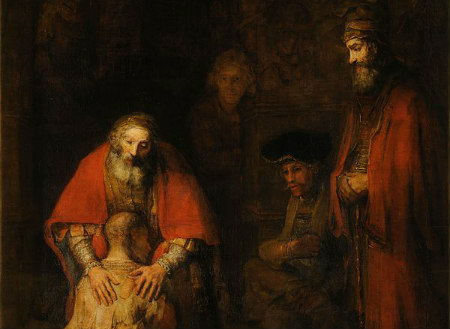It is said that there are two kinds of people in the world: those who distill people into two kinds of people, and those who do not.
I am a member of the former group and my favorite way to do said categorizing utilizes two archetypes within the prodigal son narrative: Prodigals and Older Brothers. When Christ came to reconcile all things, he told us our story: the good Father who gave a holy inheritance, the Prodigal son who squandered it, and the Older Brother who refused to acknowledge it as lost, thus striving his whole life to earn what can only be given. The difference between them is fundamental: what motivates them? Prodigals are desire-driven people; Older Brothers are duty-driven.










